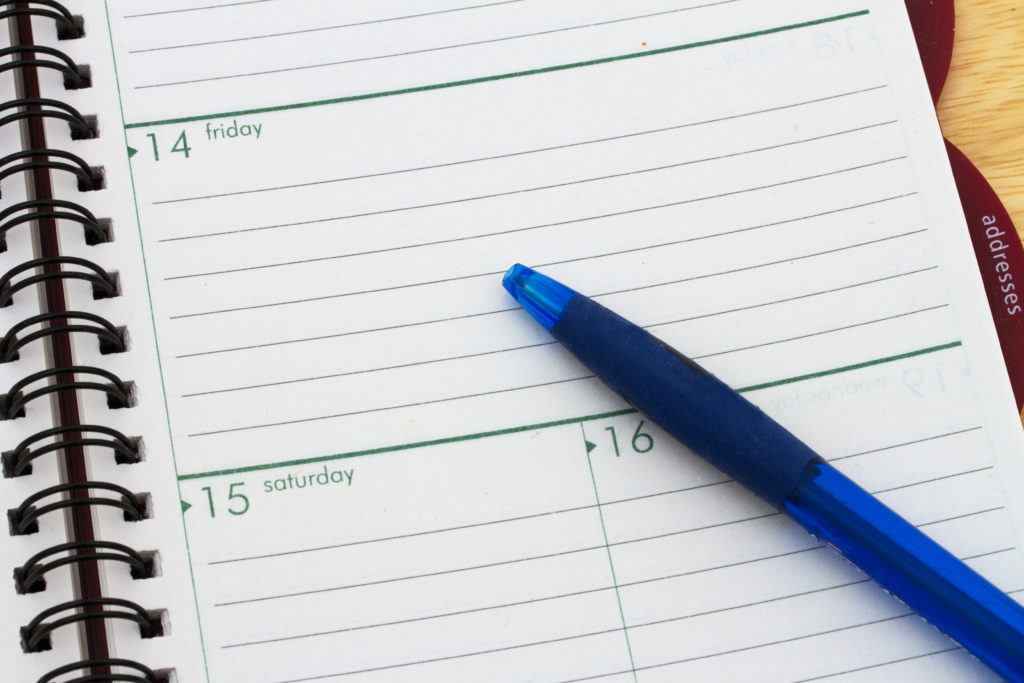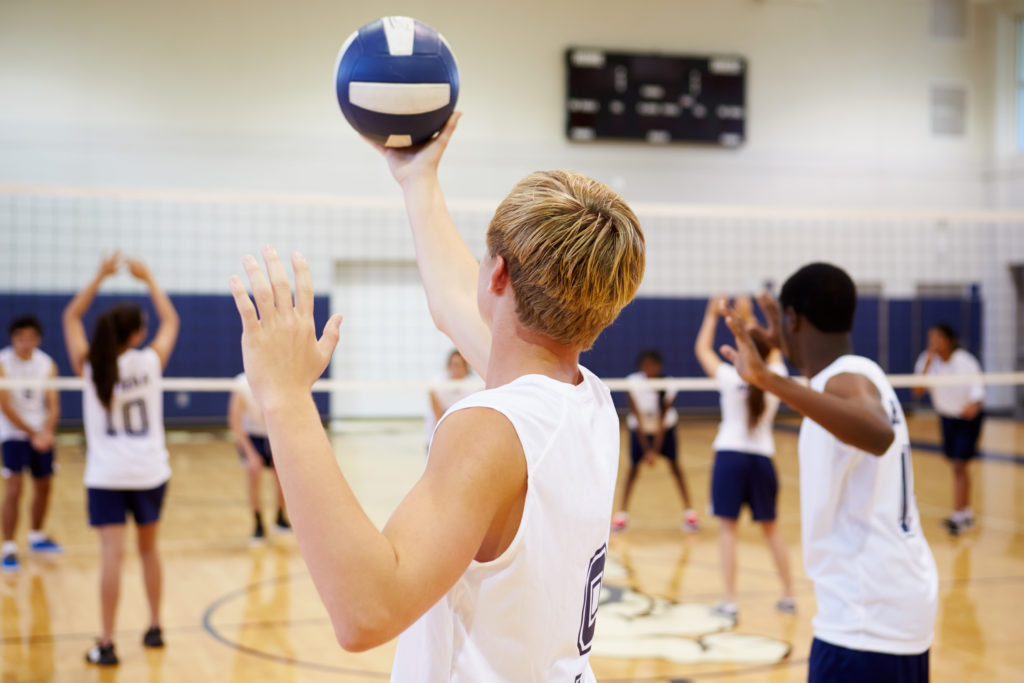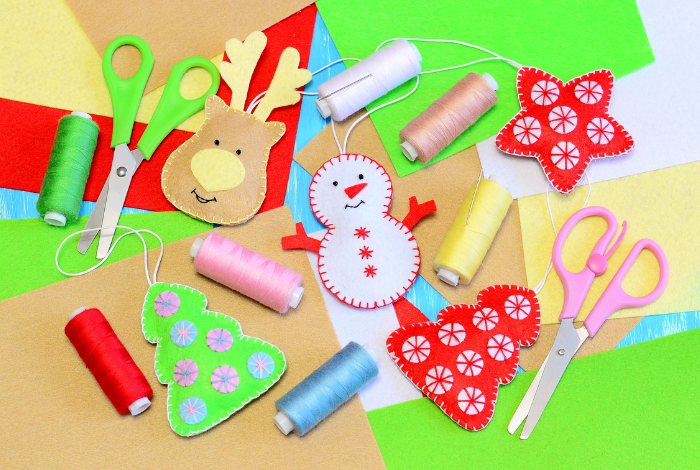High school can be stressful! Here, a recent grad shares 5 practical tips helped her define high school success and achieve meaningful goals.
by Madison Lee

For most kids and their families, high school is intimidating. Kids suddenly have to start managing their schoolwork, activities, sleep, and social lives, and families want to push kids do their best without stressing them out — it’s a balancing act for everyone. As a recent high school graduate myself (Aragon High School class of 2016!), I can honesty say that I felt the same way, but today I am lucky enough to go to MIT, my dream school! I empathize with kids who feel the enormous pressure to succeed during their four years. But what is “success” in high school, and how can you help kids get there?
I remember once during junior year, I was stressing about what I would put on my college applications and came across an eye-opening MIT blog post called “Applying Sideways.” Essentially, the author advises high schoolers to study hard, be nice people, and pursue their passions, not with the goal of getting into a top college, but because they want to be good people. The idea is that these students will grow into smart, kind, passionate people, regardless of where they end up, which is what real success is. Perfect grades or Harvard acceptances are definitely exciting, but they should be side effects (hence the title “Applying Sideways”) of the student’s life.
I think that families should encourage kids to live this way: study, be nice to others, and do what they love. Here, I’ve thought of 5 tips that helped me work towards these goals in high school; hopefully, they will help your kids too!
1. Actively use a planner everyday

I found that organizing my work with a planner or notebook was one of the best ways for me to stay on top of my schoolwork in high school. I always had two sections going in my planners: weekly, I would write every assignment I had with its due date, and daily, I would write down what parts of each assignment I wanted to accomplish and check them off as I went. It might sound like a lot, but writing your work down everyday quickly becomes habit. This tip helped (and continues to help) me enormously; when I’m always reminding myself of the work I have to do, I don’t forget about assignments. This ultimately relieves the Thursday night panic that a lot of students experience when suddenly they remember that a huge project is due the next day. In the end, using a planner puts me in the best position to finish all my work on time without stressing myself out. While I prefer written planners and notebooks, I also enjoy using Momentum, the productivity Chrome extension. I like that Momentum has a to-do list and a “main focus” for the day which is similar to how I like to organize my planners, but physically writing things down typically helps them stick in my mind better.
2. Take responsibility for topics you don’t understand

We’ve all been there: a topic doesn’t make sense and you just can’t bring yourself to care, so you move on and hope it’s not on the test. However, when something doesn’t come easily, we shouldn’t avoid it. Today, more than ever, there are endless resources to help with schoolwork — teachers, the internet, Khan Academy, Youtube, and more. For common classes and tests, there are tutoring services at schools or from private companies like Kumon and AJ Tutoring. Turning towards the confusing aspects of academics not only helped me learn more, but I also developed skills in studying and being resourceful. I know that it can be hard to be disciplined all the time, so I’m thankful that my parents encouraged me to take challenging courses and be diligent with my studies. It helped me to have parents who consistently reassured me that I could learn these difficult topics.
3. Find an outlet and schedule it regularly

Whether it’s sports, clubs, leadership, or community events, I’ve found that having a non-academic activity I enjoy (check out ActivityHero to find classes!) really contributed to my success in achieving the three goals from “Applying Sideways.” Extracurriculars have been proven to better students’ academic performance, help kids meet new friends and be part of a community, and let students do things that they love to do. I played volleyball, which allowed me to take my mind off of school and do something I fully loved. I strongly believe that students should have some sort of mental or physical outlet that they commit to doing regularly, almost as if it were another class. It’s the stuff that you genuinely like to do that makes you happy and makes you who you are; the side effect is that colleges will be able to see your passion.
4. Build strong, positive friendships

Another important part of high school is spending time with the people you care about. This contributes to the goal of growing as a good, kind person. The friends I made in high school are invaluable because they supported me and shared memories with me while unknowingly teaching me about what it means to be a good friend and a loving person.
When I was in high school, I carved out a specific time every week to socialize with friends: Friday after school. On other days, we’d use Instagram to connect and make plans for our Fridays — to share photos of places we could hike, new restaurants we wanted to check out, or just to share silly things that made us all laugh. Even if I only spent 15 minutes a day on Instagram, it gave me a genuine sense of connection with my friends, and tons to talk about and do together when we met on Fridays.
5. Take care of yourself — sleep!

I can see how trying to stay ahead on studying, participate in extracurriculars, and spend time with friends is extremely overwhelming. A lot of my friends, in their efforts to do everything all the time, forgot to do basic things to care for themselves. This tip may not specifically fit in with any of the three goals, but if kids fail to maintain their health, then none of the goals can be accomplished. We still have to eat enough healthy foods, exercise or maybe meditate, and have good sleep schedules.
In my opinion, sleeping is the most difficult one to tackle for high schoolers; it took me some time to get it down, but there’s a couple of things I do to help. Everyone knows it disrupts your sleep cycles to look at your electronics before bed, but most kids (including me) aren’t willing to stop using Snapchat or scrolling through Twitter as they lay in bed at night. When I’m doing this, I put my phone on “Night Shift” mode, so the screen is tinted more red than blue (the blue light is what disturbs your REM cycles). For my computer, I have f.lux, which automatically changes the tint of the screen from blue to red depending on the time of day. This is much easier on the eyes, and it’s healthier for my sleep cycles.
If I’m trying to fall asleep and can’t, some great resources are Calm and Headspace. They are aimed at relaxing the mind so I can get the rest I need for school or sports. Since most of us are addicted to our electronics anyways, taking advantage of the many assistive apps and websites can help us get to bed at a reasonable hour.
These tips made my time in high school a little more manageable and a lot more fun — I hope they help your kids grow into better versions of themselves, too.
If you want to get started, you can find more help with your academics, a sport you love, or fun things to do with friends on ActivityHero!

















